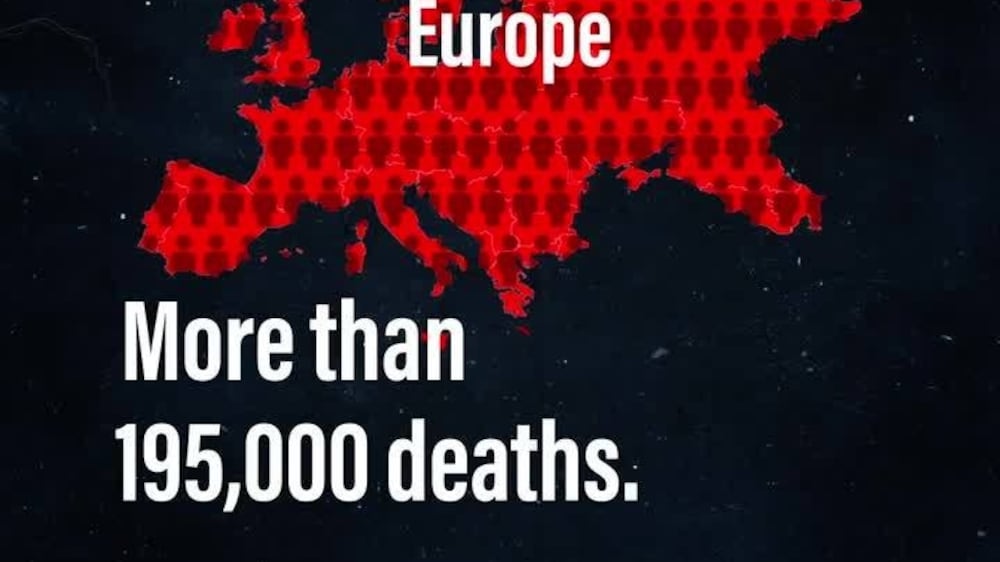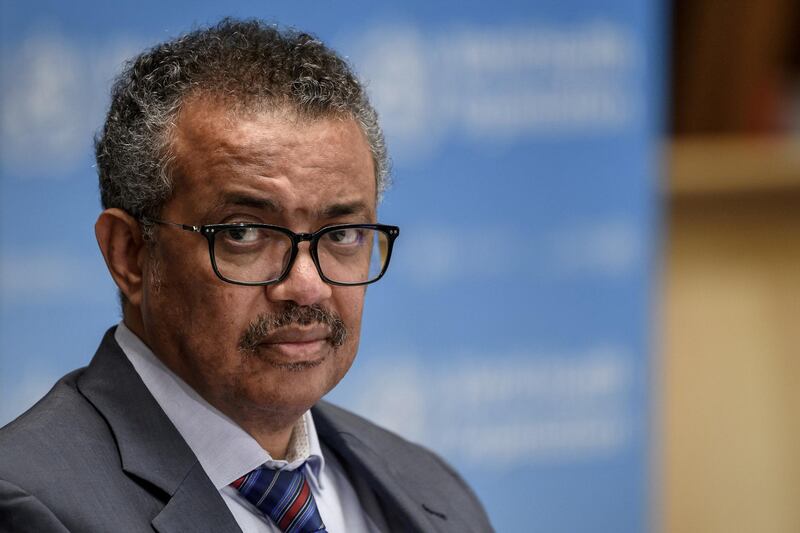Services for mentally ill and substance abuse patients have been disrupted worldwide during the Covid-19 pandemic, and the disease is expected to cause further distress for many, the World Health Organisation (WHO) said on Monday.
Only 7 per cent of the 134 countries responding to the WHO's survey reported that all mental health services were fully open, with 93 per cent reporting curtailed services for various disorders.
"We think that this is a forgotten aspect of Covid-19, in a sense part of the challenges that we face is that this is an under-funded area historically," Devora Kestel, director of WHO's Department of Mental Health and Substance Use, told a press conference.
The survey, conducted from June to August, was published ahead of the WHO's Big Event for Mental Health on October 10 – a global online advocacy event that will bring together world leaders, celebrities and advocates on World Mental Health Day to call for increased mental-health investments in the wake of Covid-19.
Six months of Covid-19

The pandemic is increasing demand for mental health services with bereavement, isolation, loss of income and fear triggering mental health conditions or exacerbating existing ones, the WHO said. Covid-19 itself can also lead to neurological and mental complications, such as delirium, agitation and stroke, the global health body said.
“Good mental health is absolutely fundamental to overall health and well-being,” said Dr Tedros Adhanom Ghebreyesus, WHO director general. “Covid-19 has interrupted essential mental health services around the world just when they’re needed most. World leaders must move fast and decisively to invest more in life-saving mental health programmes – during the pandemic and beyond.”
Only 17 per cent of countries in the survey have ensured additional funding to implement activities supporting growing mental health needs during the pandemic, Ms Kestel said.
"We estimate, and preliminary information is telling us, that there may be an increase in people with mental, neurological and substance abuse related conditions that will need attention," she said.
But the WHO had no data on life-threatening consequences including any higher suicide rates, epileptic seizures or unmanaged opioid dependence that could lead to overdose.
Many countries, especially low-income ones, maintained mental health services offered in general hospitals which remained opened, but many patients faced other challenges, the WHO said in its first assessment.
"Travel restrictions were reported as the most common cause of disruption for 73 per cent of low-income countries," Ms Kestel said.
Outpatient and community-based services, often in middle and high-income countries, were more affected. But many wealthier countries made use of telemedicine and technologies to follow up on mental patients.
"We see better coverage of alternative services in high-income countries and we need to make sure everybody has access to some kind of alternative," Ms Kestel said.







